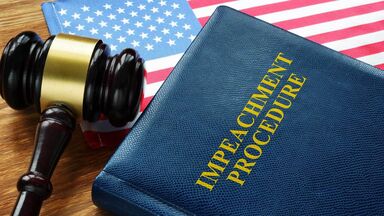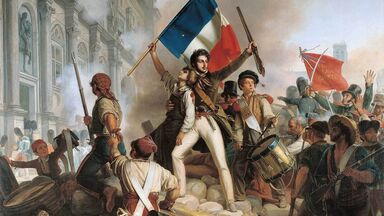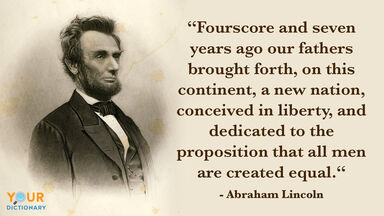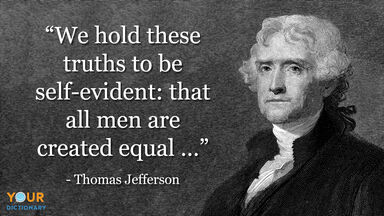The duke of Dorset's reappointment to the lord-lieutenancy in 1751, with his son Lord George Sackville as secretary of state for Ireland, strengthened the primate's position and enabled him to triumph over the popular party on the constitutional question as to the right of the Irish House of Commons to dispose of surplus Irish revenue, which the government maintained was the property of the Crown.
Thereupon the Natal ministry resigned, giving as their reason the importance of maintaining the authority of the colonial administration at a critical period, and the constitutional question involved in the interference by the imperial authorities in the domestic affairs of a self-governing colony.
A truce was called, and a conference arranged between four leaders from each side - Mr Lloyd George being one - to consider whether compromise on the constitutional question was not feasible.
The decision of the government on the constitutional question was really determined by immediate practical necessity.
As the Commons offered grudging supplies, the necessity under which he was of filling up the annual deficit led him to an action by which a grave constitutional question was raised.





